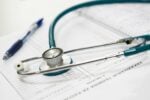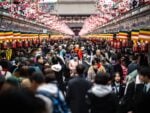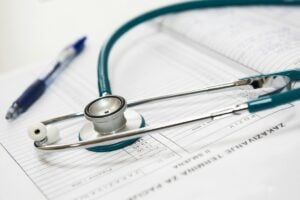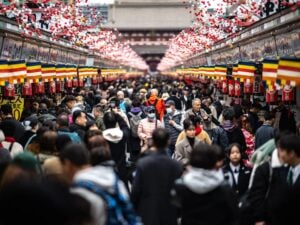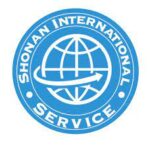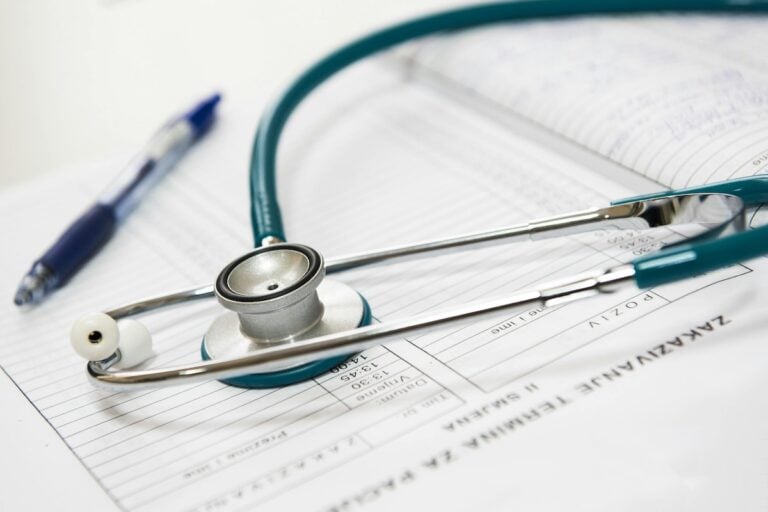
If you’re living in Japan as a foreign resident, chances are you’ve already heard about these annual check-ups, often required by employers. But whether it’s your first time or you’ve been putting it off, the process can feel a little intimidating if you don’t know what to expect. From preparing beforehand to understanding the results, here’s a detailed guide to help you navigate a full health check in Japan with confidence.
Why Health Checks Are Important
Health checks, or kenkō shindan as they’re commonly called, are a fundamental part of healthcare in Japan. Employers are legally required to provide these annual examinations to their employees, and for a good reason. These checks aren’t just about ticking boxes—they serve a vital purpose in keeping you informed about your overall health and identifying potential issues before they become serious.
For many, these health checks offer reassurance that everything is functioning as it should. For others, they’re a wake-up call to make changes in their lifestyle. Whether it’s monitoring blood sugar levels, checking for high cholesterol, or spotting early signs of disease, these examinations provide a comprehensive overview of your health. Even if you feel perfectly fine, the tests can reveal underlying conditions that might otherwise go unnoticed.
Preparing for Your Health Check
The day before your health check, you’ll need to follow some simple but important steps to ensure accurate results.
Fasting
Most health checks require you to fast for at least 8-10 hours beforehand. This means no food or drinks except for water. Eating or drinking can interfere with the results of your blood tests, so it’s best to stick to this rule.
Hydration
While fasting is essential, staying hydrated is equally important. You’ll need to provide a urine sample early in the process, so make sure to drink plenty of water before heading to the clinic or hospital.
Avoid alcohol
Drinking alcohol in the days leading up to your health check can skew your test results, especially those related to liver and kidney function. To avoid unnecessary complications, it’s best to stay alcohol-free for at least three days before your appointment.
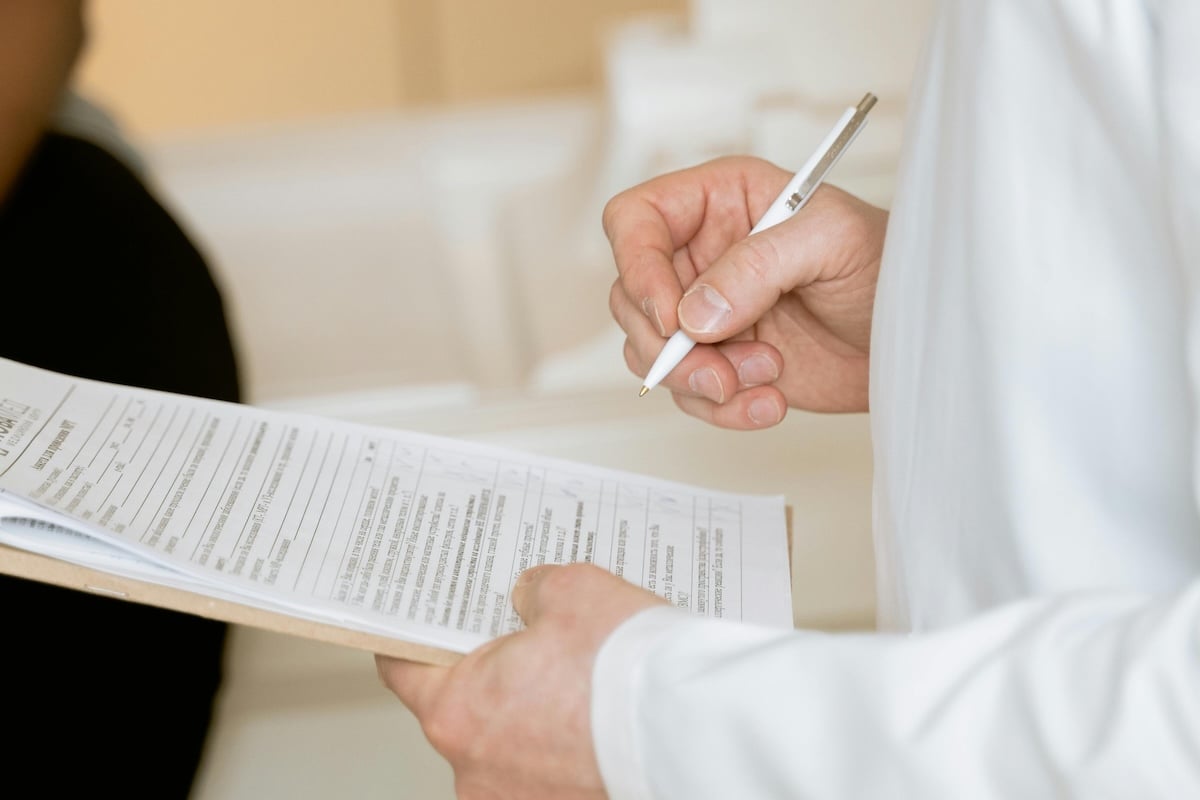
When Are Health Checks Conducted?
In Japan, annual health checks are typically scheduled in June for most companies. This timing allows employers to ensure their staff’s health is monitored mid-year, providing enough time to address any issues that may arise. If you’re employed, your company will usually notify you of the date and time well in advance, often arranging the health check at a designated hospital or clinic. For those undergoing a health check independently, you can schedule an appointment at any time of the year, but it’s best to check with your chosen clinic or facility to ensure availability.
What Happens During the Health Check?
Health checks in Japan are incredibly thorough and typically involve multiple tests designed to evaluate different aspects of your health. Here’s what you can expect:
- Blood Test: A nurse will draw a small amount of blood—usually 1-3 vials—from your arm to check your blood sugar levels, cholesterol, and organ health, including your liver and kidneys. You can choose which arm you prefer, so don’t hesitate to let the staff know if you have a preference.
- Blood Pressure Measurement: This is one of the first tests you’ll undergo. If your blood pressure is unusually high or low, the doctors may recommend additional testing to investigate further.
- Urine Test: You’ll be given a small cup to collect your urine sample. Most hospitals only require you to fill about a quarter of the cup. There’s usually a designated tray or counter in the bathroom where you can leave the sample once you’re done.
- Vision Test: This involves identifying the direction of a “C” symbol displayed on a screen or inside a machine. It is acceptable to use up, left, right, down to describe which direction it is facing. The test starts with larger symbols and progresses to smaller ones as your vision is assessed.
- Hearing Test: For this, you’ll wear headphones and press a button whenever you hear a sound, even if it’s faint. The test measures your ability to detect sounds at various frequencies and volumes.
- Height and Weight Measurement: Your height and weight will be recorded to calculate your Body Mass Index (BMI). Japan has strict standards for BMI, and your results will be graded from A (ideal) to F (needs improvement).
- Chest X-Ray: X-rays are a standard part of the health check and are used to screen for lung-related conditions. Depending on the facility, this test may be conducted in a mobile van or a dedicated X-ray room where you’ll change into a hospital gown.
- Electrocardiogram (EKG): Electrodes will be attached to your chest, wrists, and ankles to monitor your heart’s rhythm and detect any abnormalities. This test is quick and painless.
- Breathing Test: A doctor may listen to your breathing with a stethoscope and ask you to inhale and exhale deeply.
- Stool Test: This test isn’t part of the standard health check but may be required if you work in childcare, healthcare, or food service.
- Barium Test (for those aged 35+):You’ll drink a barium solution and stand on a rotating platform that moves your body into various positions to take detailed X-rays of your stomach and digestive tract. While this test can feel a bit uncomfortable, it’s highly effective in detecting gastrointestinal issues.
Understanding Your Results
After your health check, the results will be graded from A (excellent) to F (needs attention). Each test result will include detailed explanations, and abnormal findings will often be highlighted for follow-up. You’ll usually receive your results within 2-3 months, though some facilities provide them faster.
If your results indicate any issues, you’ll be advised to visit a specialist or undergo further testing. Don’t ignore these recommendations, as early detection can make all the difference in addressing potential health problems.
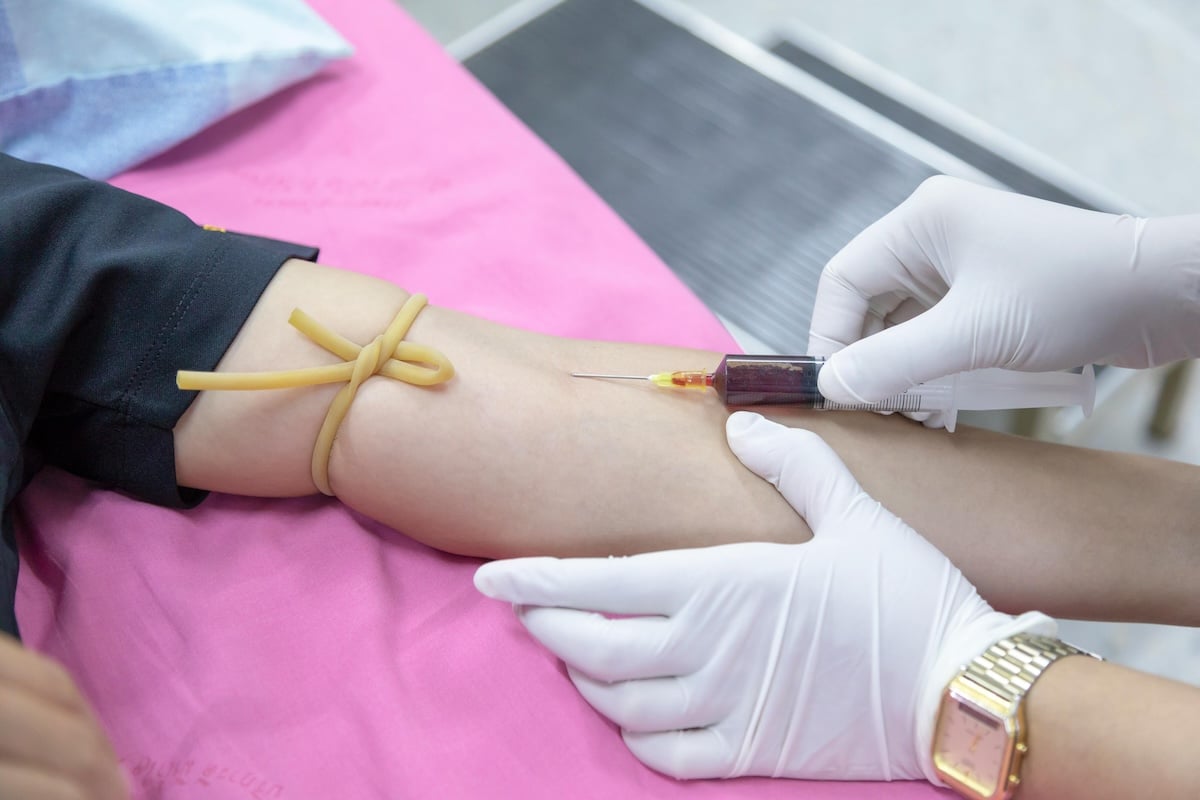
Who Covers the Cost?
The good news is that your employer typically covers the cost of your annual health check. However, if you’re undergoing a health check for a new job/school or as part of an immigration requirement, you may need to pay out of pocket. The cost for such checks usually ranges from 10,000 to 30,000 yen, depending on the facility and tests included as the test may not be covered by your health insurance.
Tips for a Smooth Experience
Health checks in Japan are generally well-organized, but a little preparation can make the process even smoother:
- Bring your health insurance card (hokenshō) and any required paperwork.
- Arrive on time or slightly early, as these checks are often conducted on a tight schedule.
- Wear comfortable clothing that’s easy to remove, especially if you’ll be doing tests like chest X-rays or EKGs.
Having a health check in Japan might seem daunting at first, but it’s a straightforward and highly efficient process. The thoroughness of these checks ensures that you leave with a clear understanding of your health and any steps you may need to take to improve it.
If it’s your first time, remember to follow the preparation guidelines, stay calm during the tests, and don’t hesitate to ask the staff questions if you’re unsure about anything. If you don’t speak Japanese well, try to use a translation device like Google Translate so you are fully aware of everything that is about to be conducted. Japan’s healthcare professionals are known for their kindness and attention to detail, so you’re in good hands.
With proper preparation and an open mind, your health check can be a valuable opportunity to gain insight into your overall well-being—and, most importantly, ensure you’re taking the best care of yourself while living in Japan.


